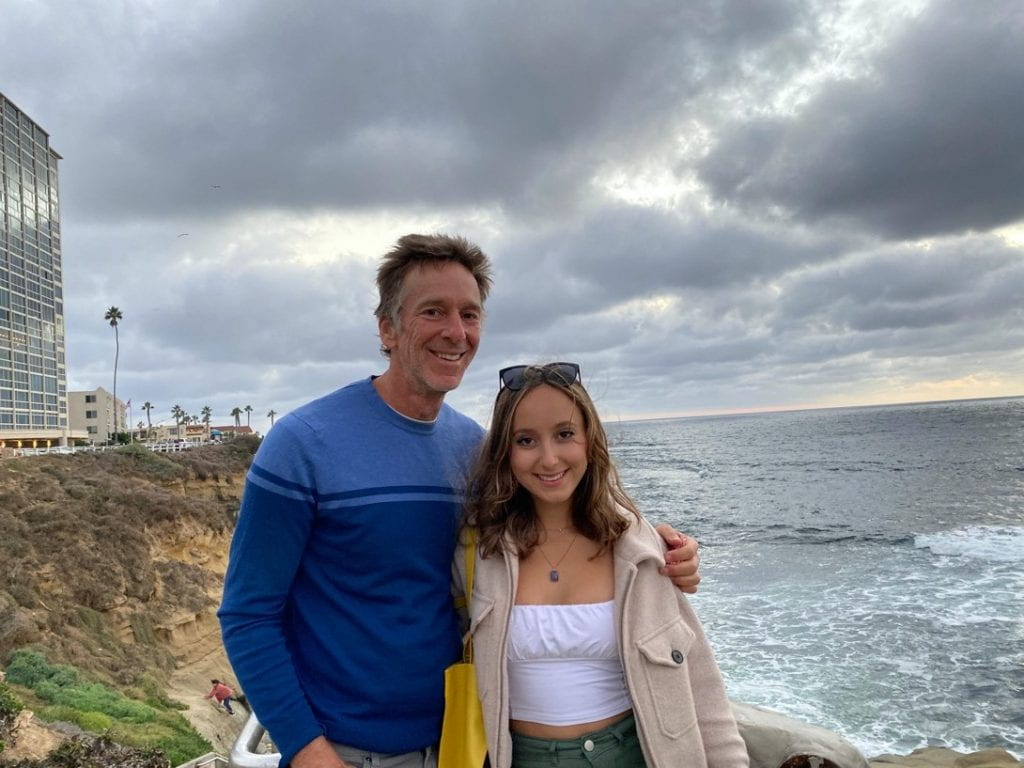Written by Kianna Zucker, BA candidate in Cognitive Neuroscience at Washington University in St. Louis, and the Stephanie and Chris Doerr Summer Research Scholar in the Institute for Public Health Summer Research Program
When the Institute for Public Health Summer Research Program – Public and Global Health Track at WashU provided me the opportunity to work on a project to help patients with anorexia sustain recovery under the mentorship of Ellen Fitzsimmons-Craft, PhD through the Center for Healthy Weight and Wellness, I realized I could help people in the same way that I had always wanted to help my loved ones.

I’ve seen family members, friends, and myself fall into disordered eating habits and eating disorders. We grew up in a society that— among other issues— rewards those with certain physical characteristics, normalizes perfection, and leaves young people often feeling alone and without healthy coping mechanisms for dealing with emotional stressors. This daunting coming-of-age story shaped the way that many of my loved ones and I interact with the food that keeps us alive. As I’ve witnessed these societal pressures influence us over time, I have felt frustrated and often helpless when trying to help friends deal with body image issues and their relationship with food.
This summer, I worked to develop a cognitive behavioral therapy-based mobile app and social networking group that patients with anorexia will use, after intensive treatment, to improve their clinical outcomes. I contributed to creating the social networking component, which aims to provide recovery-focused social support from people with similar experiences to themselves and trained coaches. I often read academic literature and created posts for our social networking group that target improving self-worth, practicing healthy coping mechanisms, and cultivating self-love. I would read and write about these topics for hours, and then talk with my friends until 2:00am about these same issues that affected us.
Working with a team of people who are all so clearly passionate about helping people with eating disorders recover showed me that I could not work in any other type of environment. Every person I worked with this summer has dedicated their career to furthering the research and development of technology to improve people’s lives. After listening to a particularly riveting meeting discussing the problems in the care accessible to patients with eating disorders, I realized I could make a career out of my passion for improving the care and recovery processes for people with psychiatric disorders.
Fitzsimmons-Craft helped cement my goal to become a psychologist, and I am eager to apply to graduate school for Clinical Psychology in the future. I will continue to chase this feeling of knowing that I am contributing to improving peoples’ mental health and being excited to go to work every day.